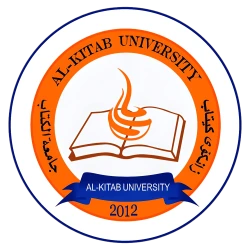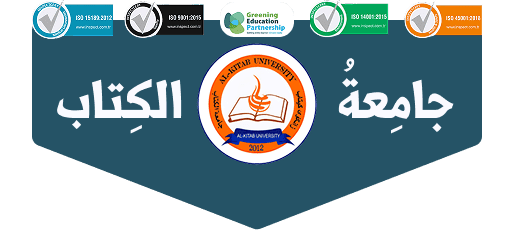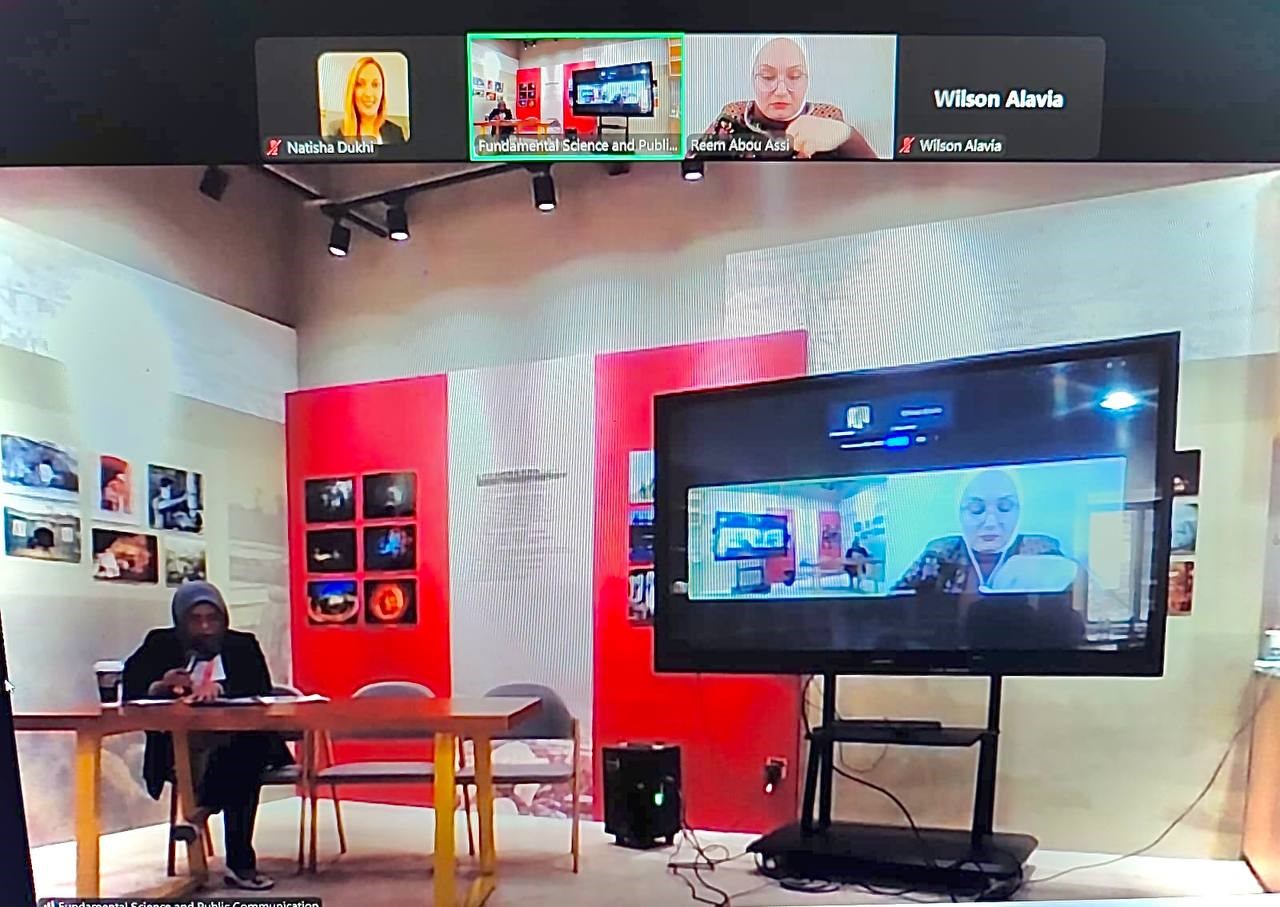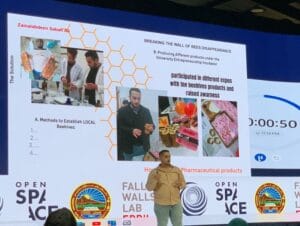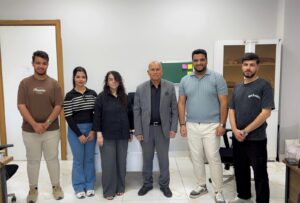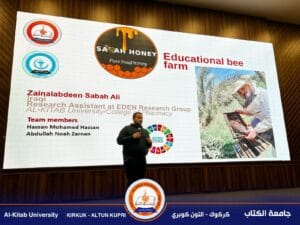In an inspiring example of academic diplomacy and global scientific cooperation, Al-Kitab University took part in one of the most notable gatherings of young scientists this year: the 2024 Global Young Academy (GYA) Asian Event – Global π Roundtable, held from November 28 to 30, 2024, in Wenzhou, China. The international event brought together early-career researchers, scholars, institutional leaders, and policy influencers under the guiding theme, “Towards a Sustainable Future: Key Reflections and Practices of Young Scientists.”
Organized in the wake of the United Nations Summit of the Future, the event built upon the UN’s Pact for the Future, reinforcing global cooperation toward achieving the 2030 Sustainable Development Goals (SDGs). With themes spanning biodiversity, resilient cities, sustainable development resources, and public science communication, the roundtable served as a vibrant platform for exchanging transformative ideas and fostering collaborations across disciplines and borders.
Among the contributing scholars was Dr. Reem Abou Assi (Coordinator of the Technological Incubator for Entrepreneurship and Environment at Al-Kitab University), who was invited to speak in Session 4: Fundamental Science and Public Communication. Her presentation, titled “Education and Science Citizenship Role in Fixing Societies: Dare to Ask and Do,” reflected on the relationship between education, civic identity, and societal recovery. Drawing on lived experience and professional insight, her contribution underscored the importance of empowering citizens through science literacy—especially in communities navigating the aftermath of conflict or structural disruption.
The session was skillfully moderated by Prof. Sri Fatmawati, a distinguished academic from the Institut Teknologi Sepuluh Nopember in Indonesia and executive member of the Global Young Academy. The dialogue featured a diverse range of speakers from South Africa, India, Egypt, and beyond, each sharing perspectives on how science communication intersects with environmental, cultural, and social challenges in their respective contexts.
The Global π Roundtable was jointly hosted by the Global Young Academy, the International Research Center for Big Data for Sustainable Development Goals (CBAS), and the China Association for International Science and Technology Cooperation, with institutional support from Sunway University, Constructor University, Università di Bologna, and the European Federation of Geologists, among others. The event also saw the launch of strategic international science hubs, alongside keynote talks and cross-sector dialogues that bridged scientific research with policy innovation.
Beyond the formal sessions, the program included cultural immersions and post-event excursions to the Qingke Museum of Natural History and the 600-Year Alum Mining Site, highlighting the historical synergy between scientific progress and heritage preservation.
